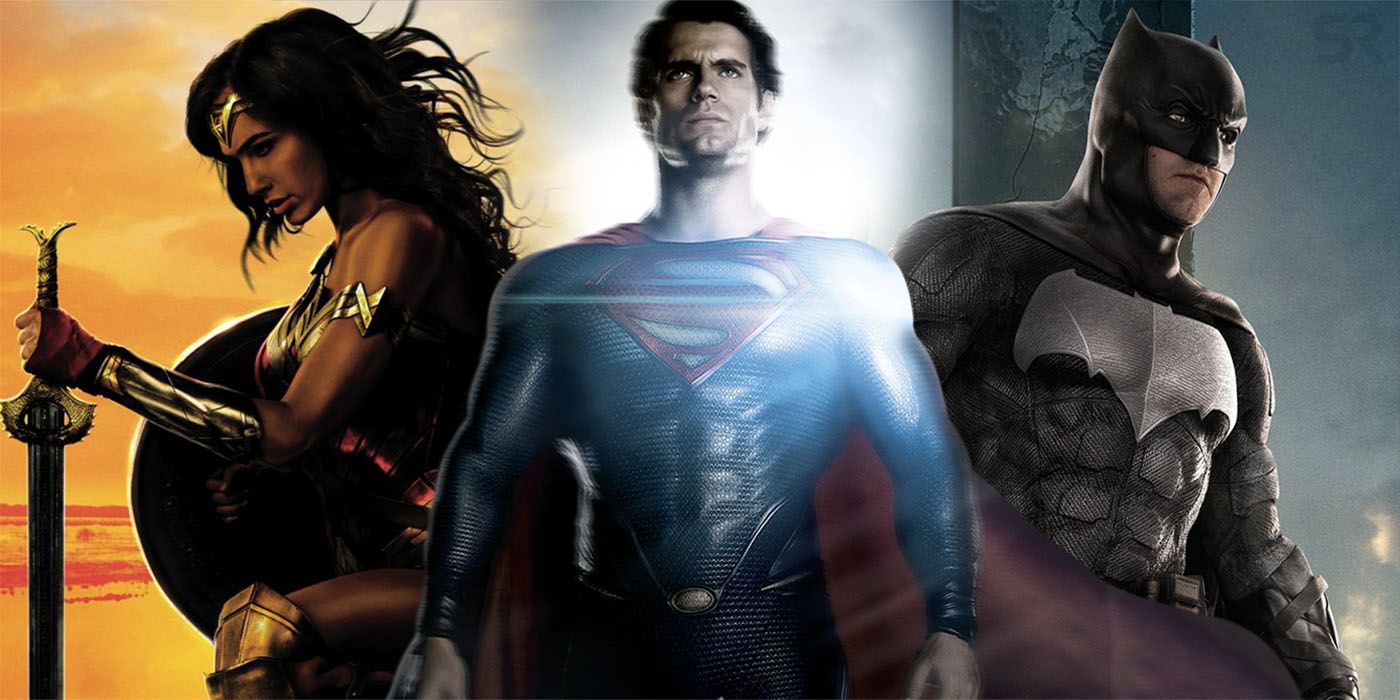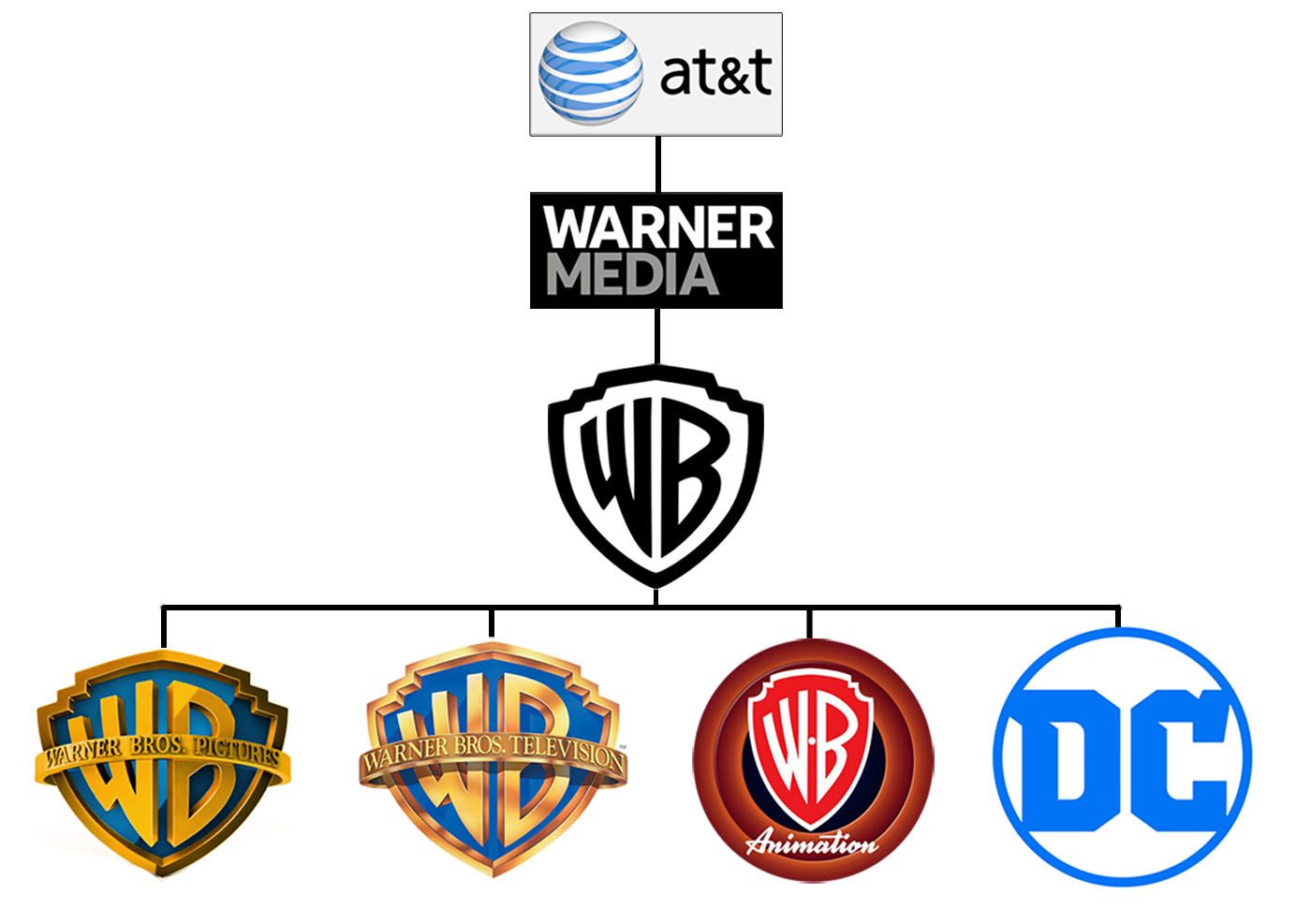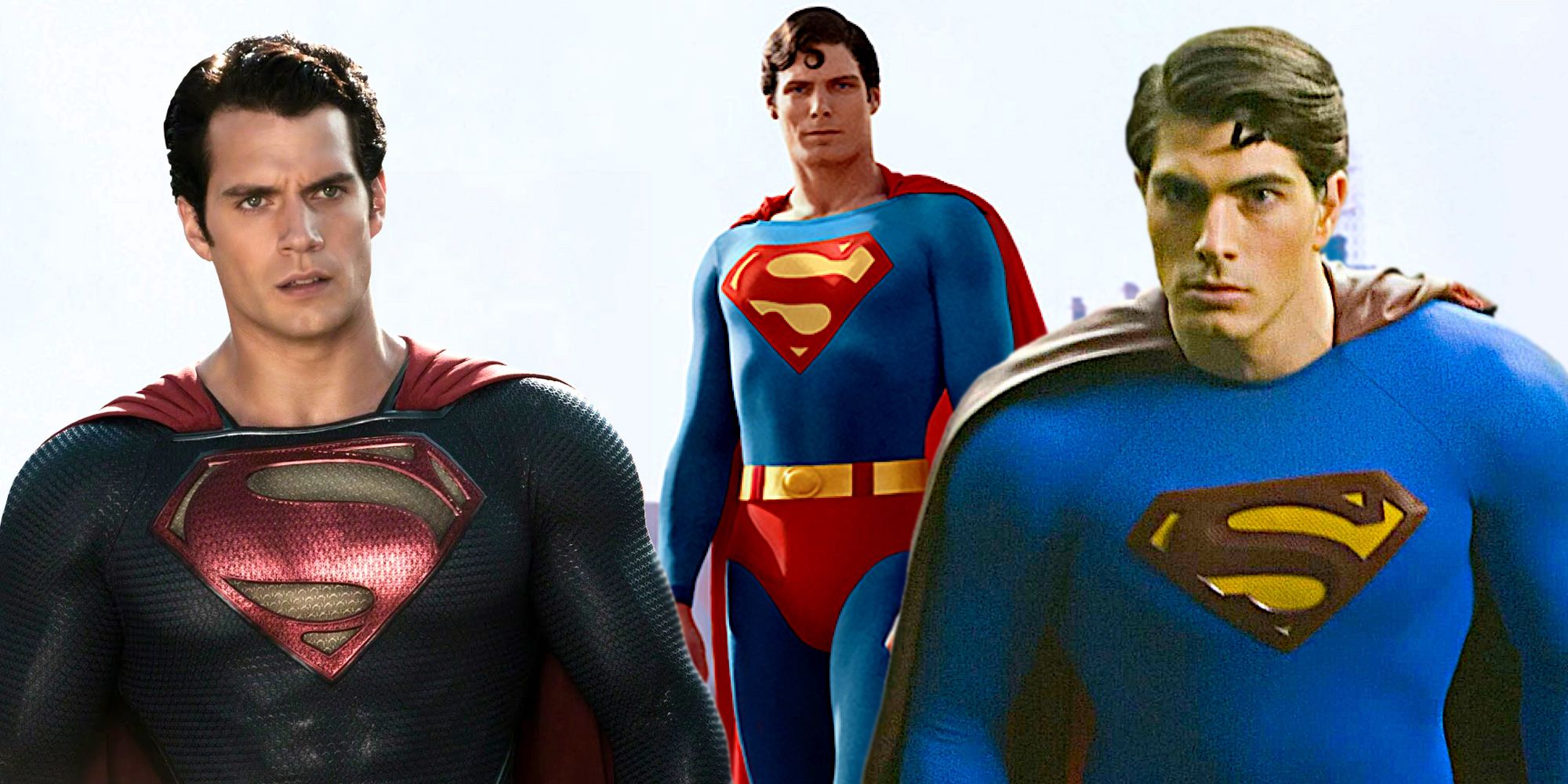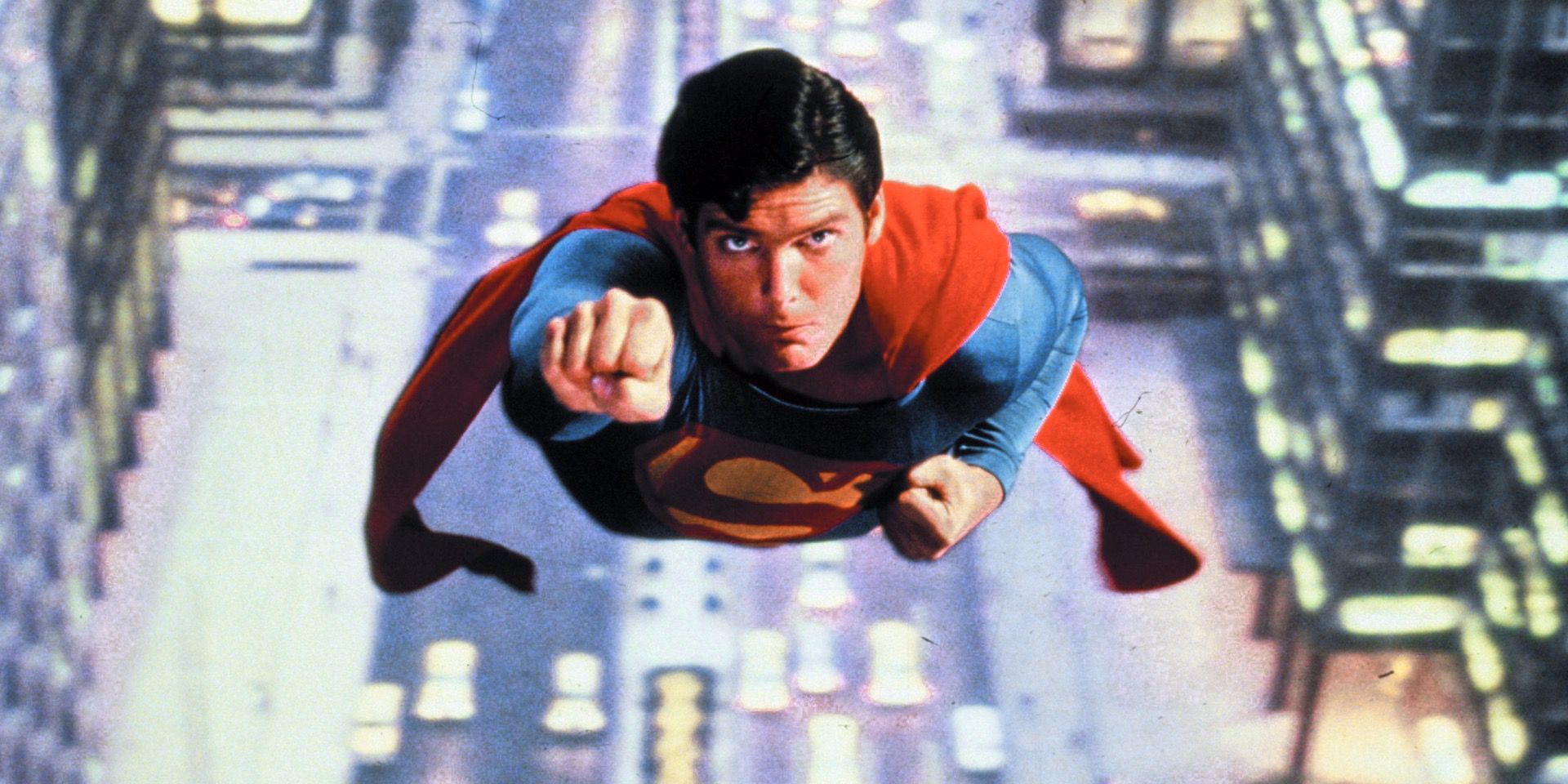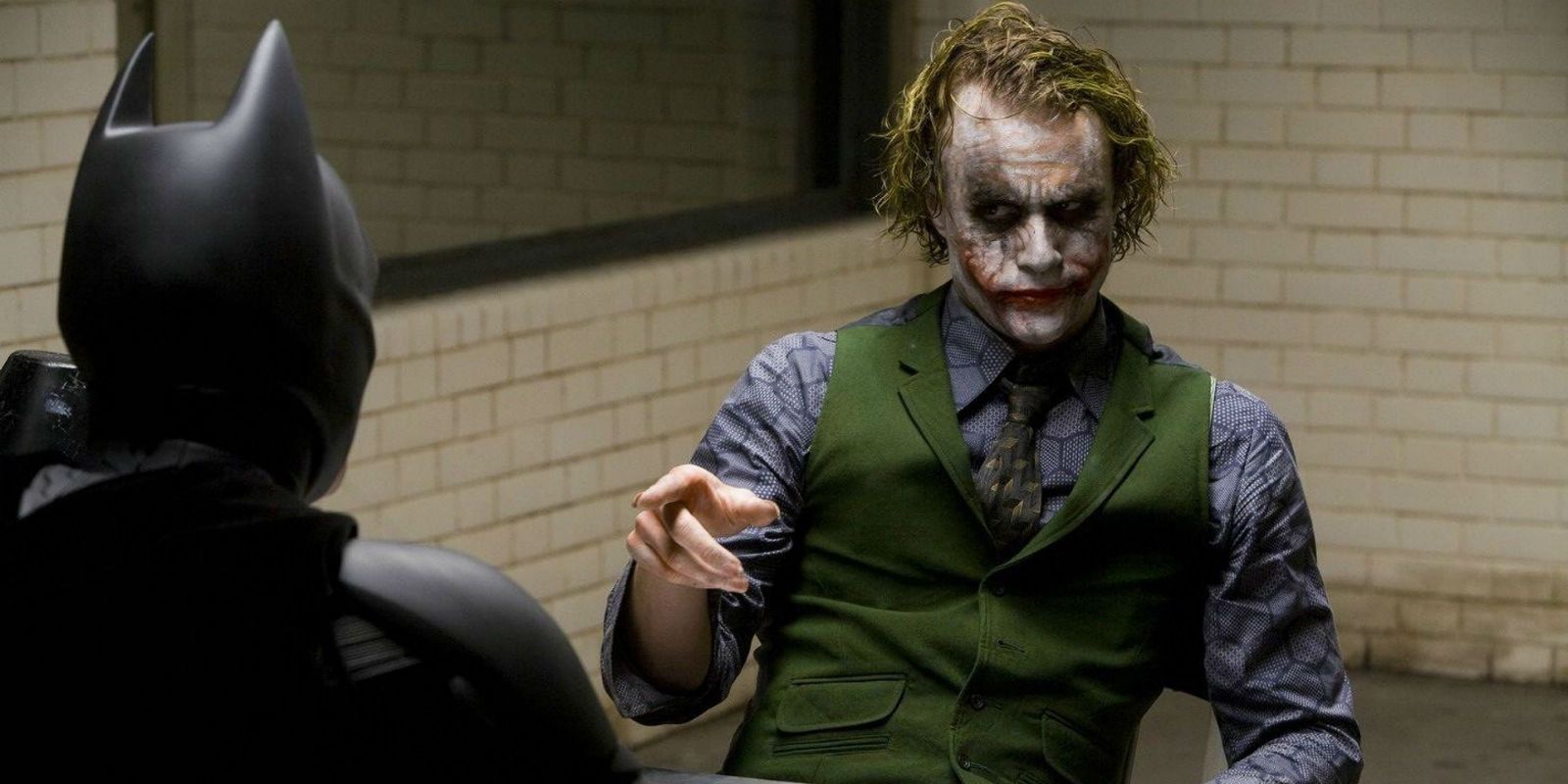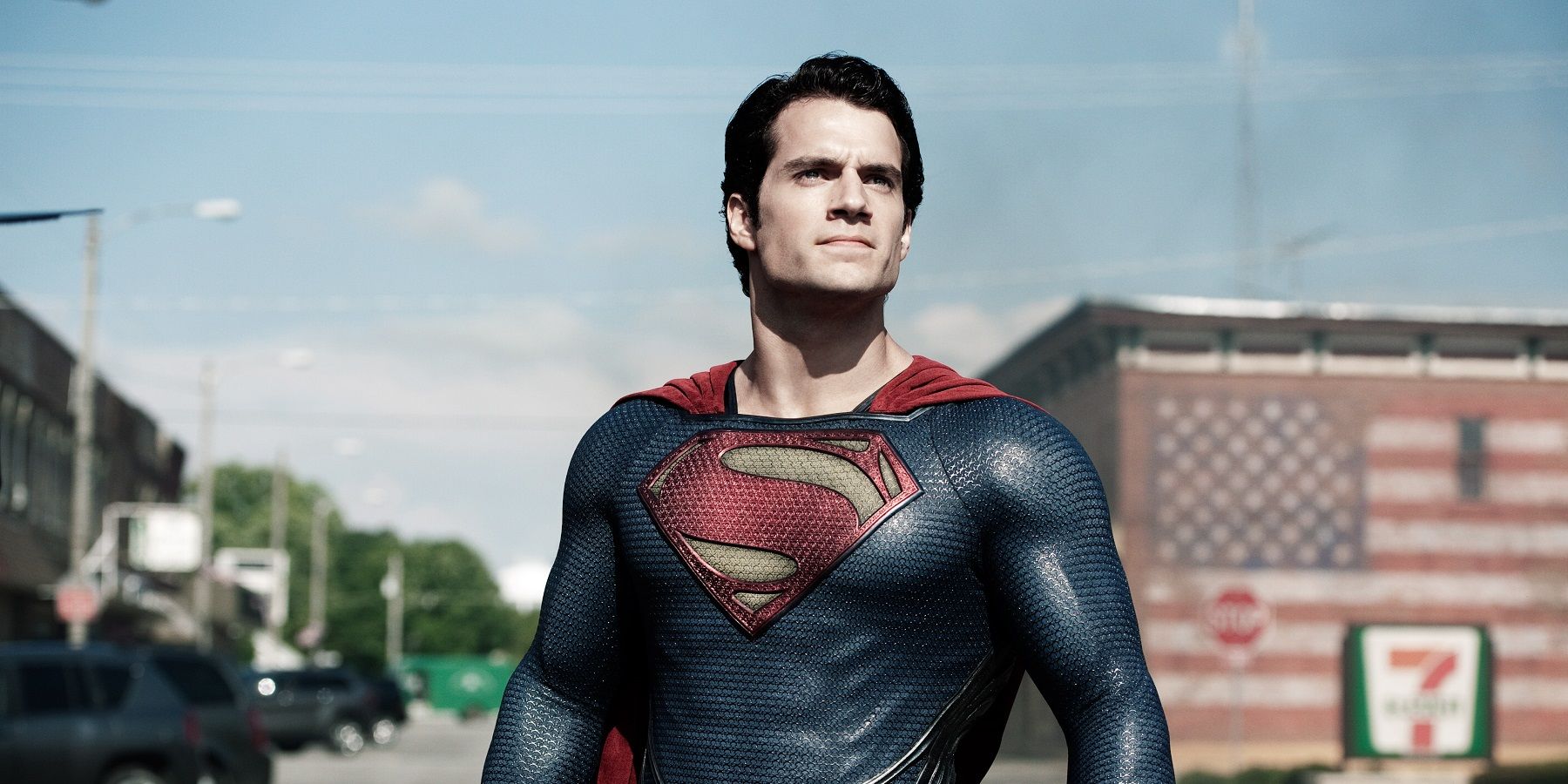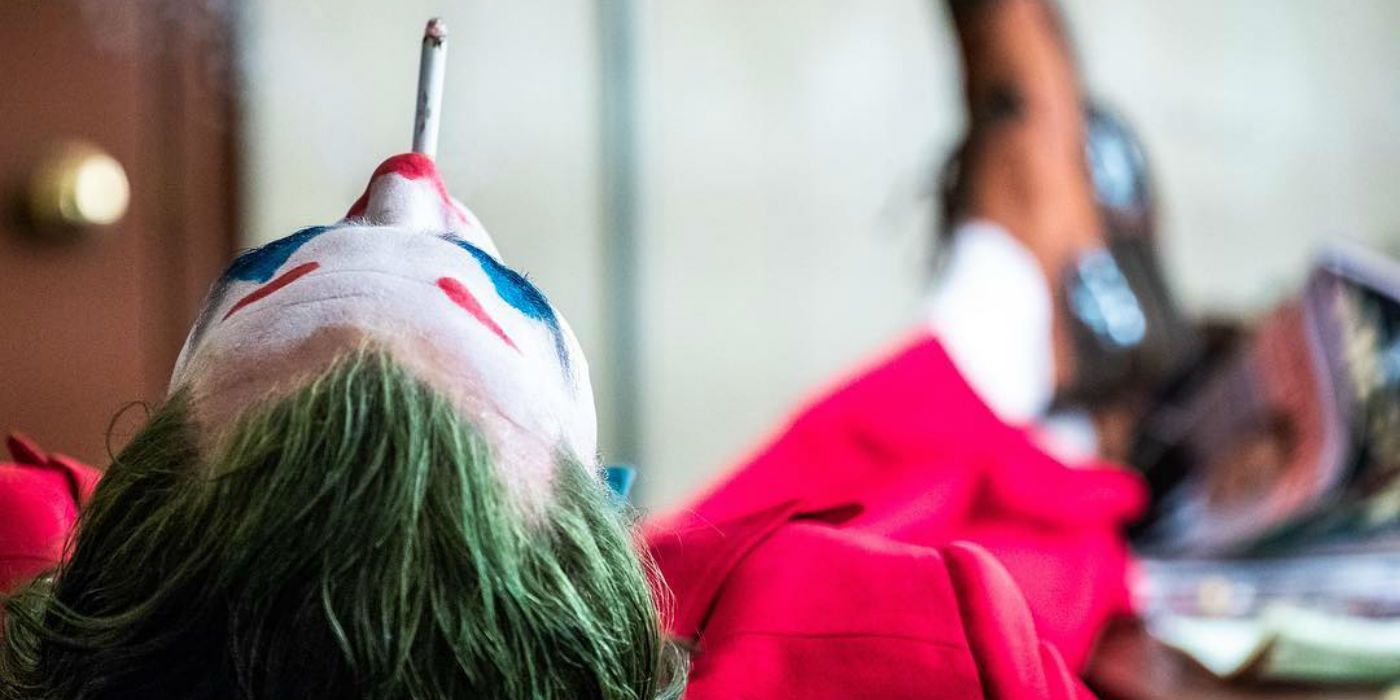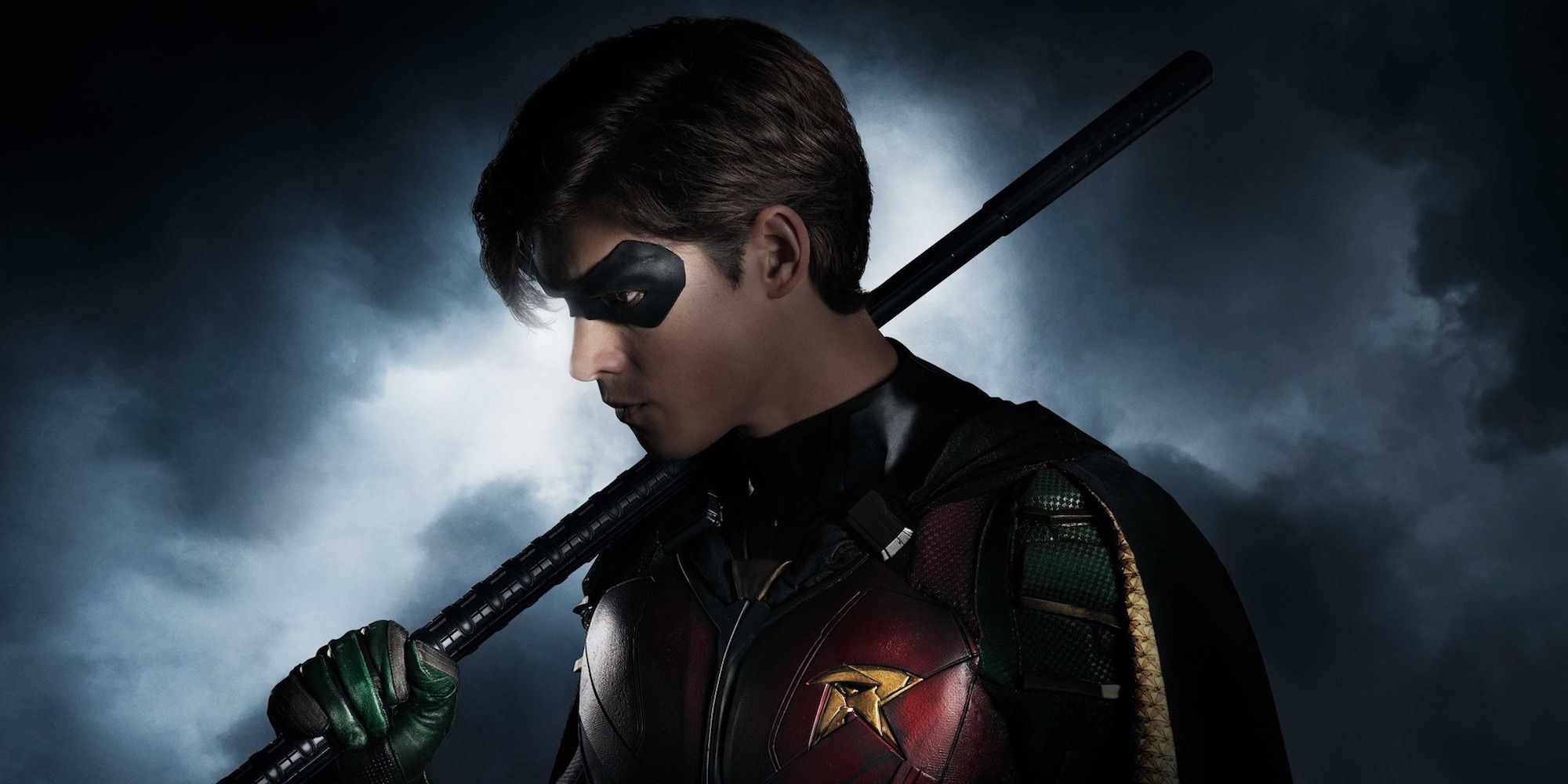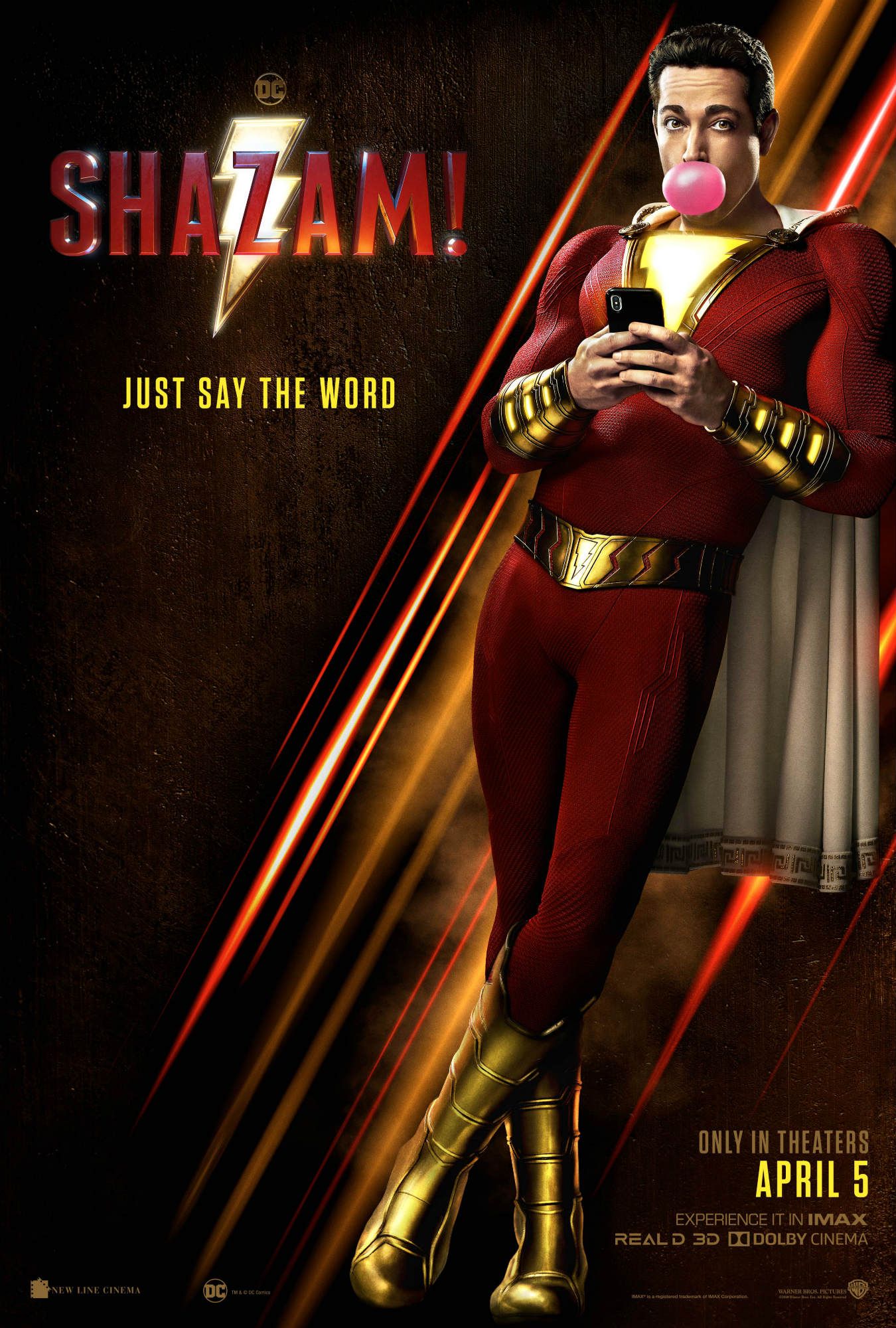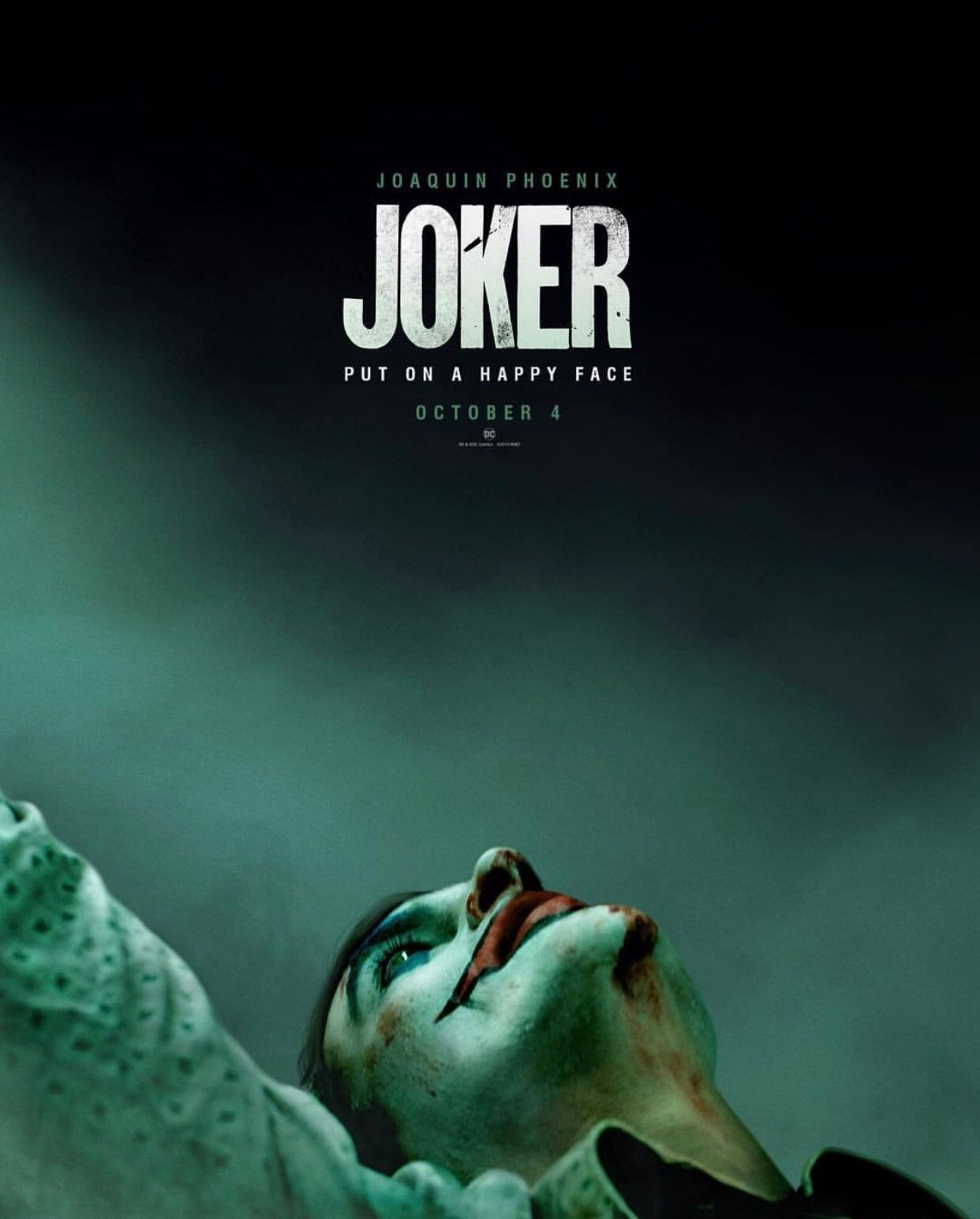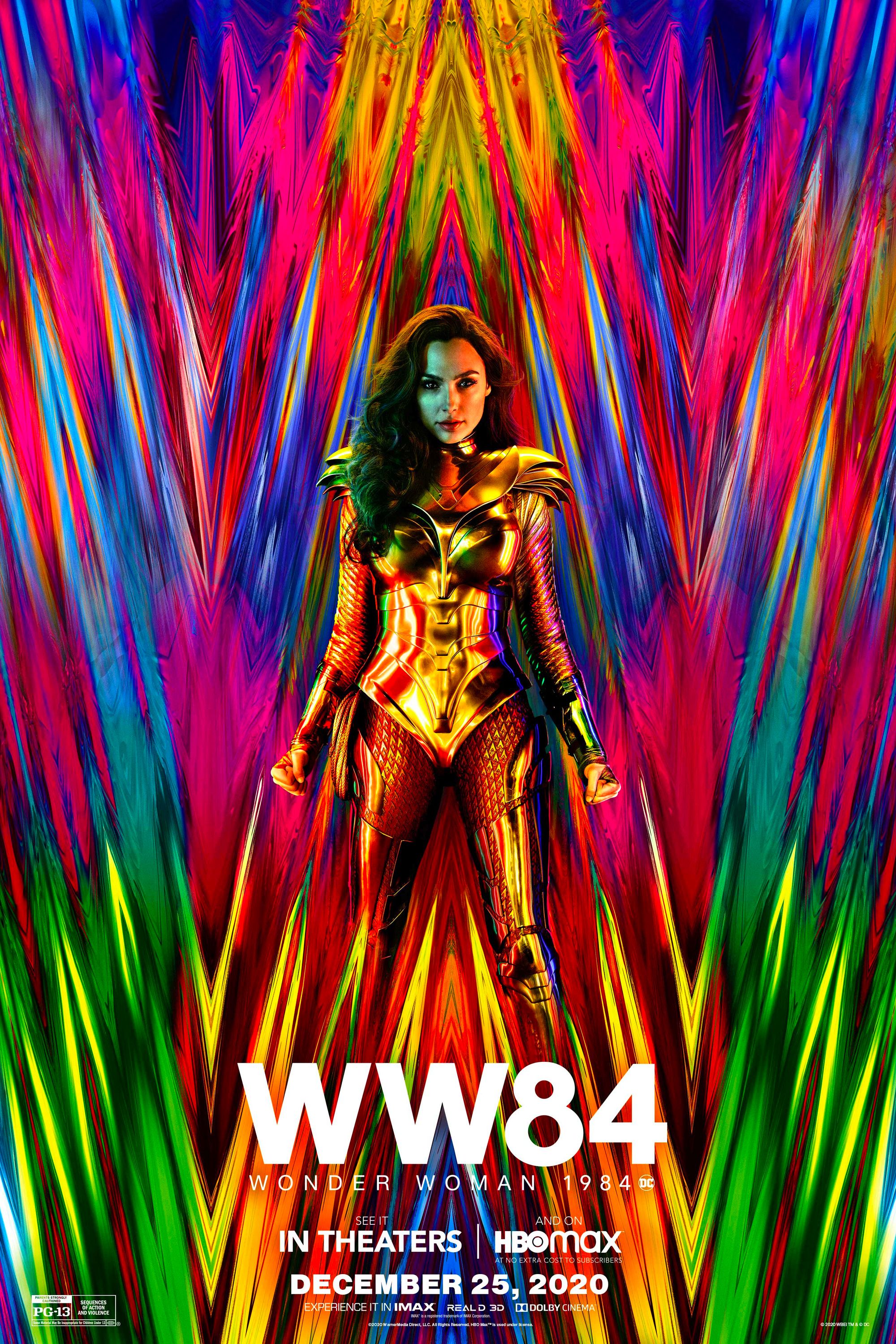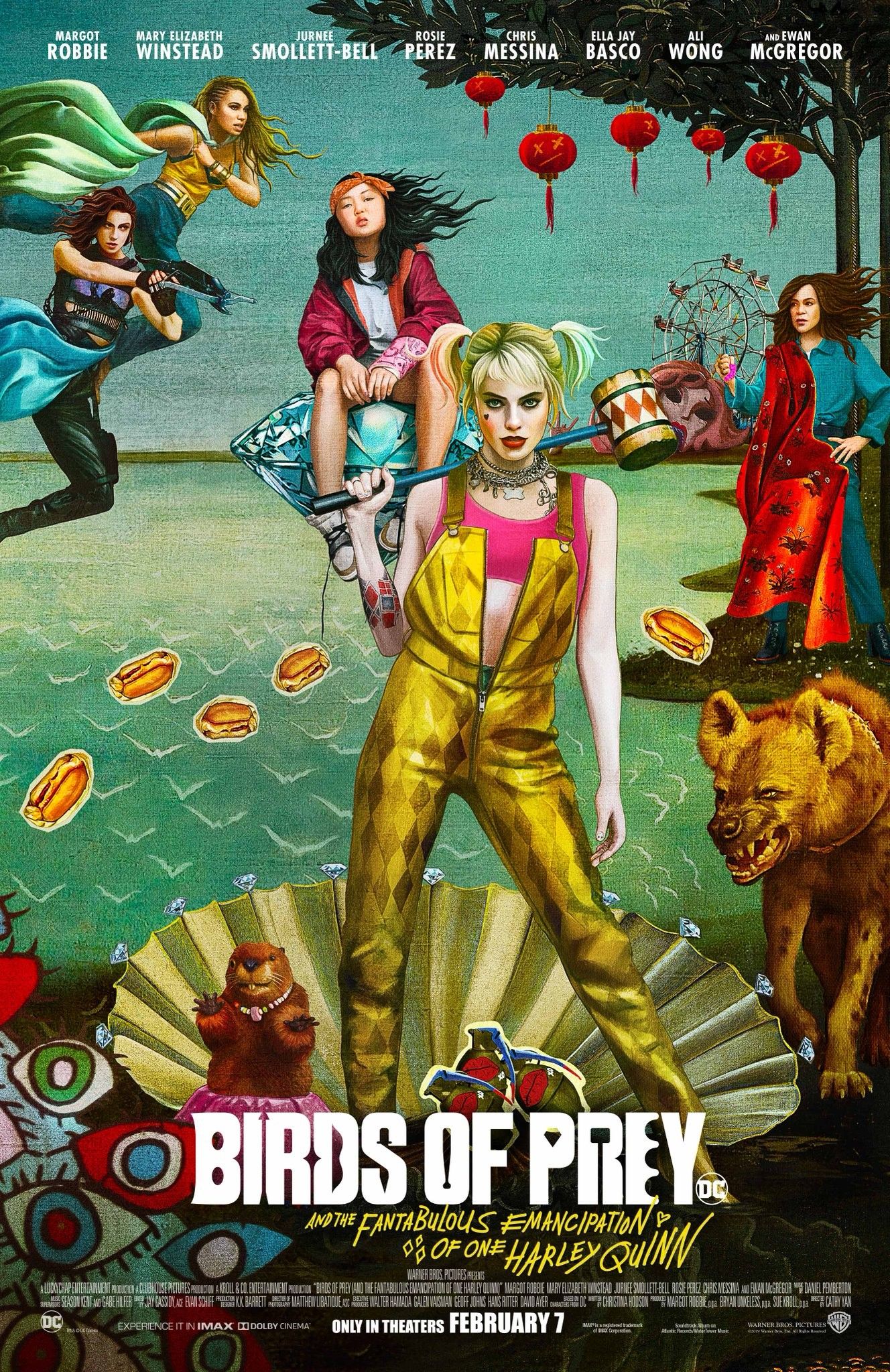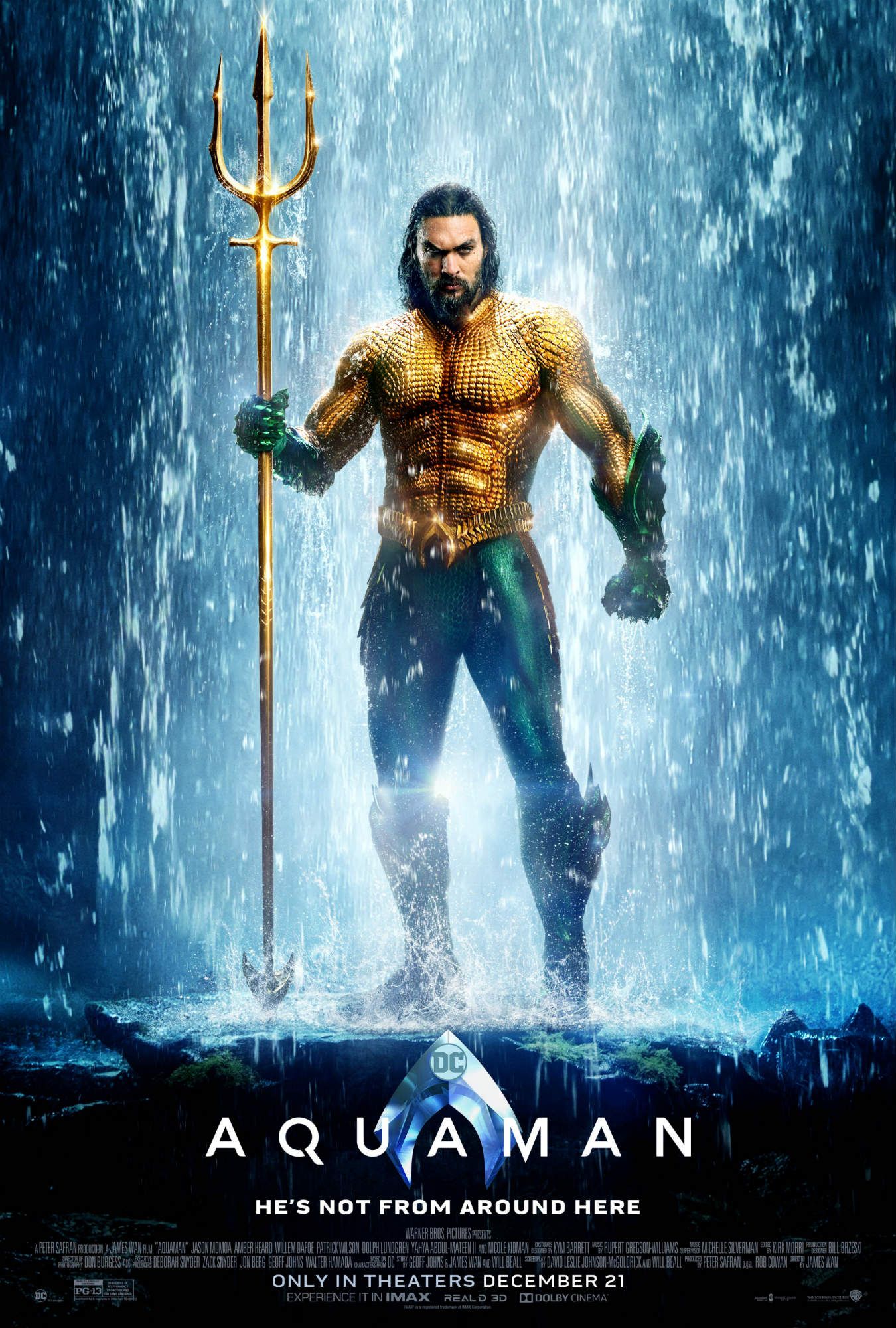From The Dark Knight to Aquaman, movies based on DC Comics are some of the biggest blockbusters in the world - so we're taking a look at the history of DC movies, and how they get made. Unlike Marvel Comics, whose movie rights are more scattered, all DC movies are produced by Warner Bros. Pictures, and Warner's connection to DC goes back decades.
Currently, DC movies are going through something of a transition period. While Warner Bros. had previously planned for a more rigid structure of releases based around the central property of the Justice League, with individual Justice League members each getting their own solo movies, the studio has since shifted focus. Building a tightly connected DC Extended Universe is now less of a priority than simply trying to make a series of individual hits, which has brought forth oddities like Todd Phillips' upcoming Joker movie.
Related: How Marvel Studios Really Works
While recent DC movies have taken some hits from fans and critics alike, the pages of DC Comics have been the inspiration behind some of the most interesting and powerful superhero movies of the 21st century. With that in mind, here's our handy guide to who owns DC's superheroes, and how DC movies and TV shows get made.
- This Page: Warner Bros. and DC's Structure and History
- Page 2: DC Movies Before the DCEU
- Page 3: The DCEU & The Future of DC Movies
Warner Bros. Owns All Things DC
Warner Bros. owns the intellectual property of all DC Comics characters, as DC Comics is a subsidiary of Warner Bros. Entertainment. Warner Bros. itself is a subsidiary of the company formerly known as Time Warner, which - as of a recent merger - is now called WarnerMedia and is a subsidiary of AT&T.
The most high-profile corner of Warner Bros.' DC Comics-based output are the big-budget live action movies, which became a renewed priority for the studio in the wake of Christopher Nolan's critically-acclaimed Dark Knight trilogy. In 2009, all things DC were placed under the newly-minted division DC Entertainment, and in 2016 Warner Bros. created the DC Films label to specifically handle the direction of live-action DC movies.
All of the live-action DC TV shows, from Gotham on FOX to the Arrowverse shows on The CW, are produced and distributed by Warner Bros. Television. Over on the Cartoon Network, Teen Titans Go! is made by Warner Bros. Animation, which also produces all the animated feature DC movies (like Teen Titans Go! To The Movies and The Lego Batman Movie), as well as an extensive collection of direct-to-video animated movies, such as this year's The Death of Superman and Suicide Squad: Hell To Pay.
Related: All the DC Movies and TV Shows Streaming on DC Universe
DC and Warner's History Goes Back 50 Years
Unlike the relationship between Marvel Studios and Disney, which began with Disney's acquisition of Marvel Entertainment in 2009, the connection between Warner Bros. and DC goes back almost half a century. DC Comics was originally called Detective Comics (that's what the "DC" stands for) and the official company name was National Comics Publications. That company was acquired in 1967 by Kinney National Company, which at the time was best known for services like cleaning contractors and parking lots. In 1969, Kinney National Company also acquired the film production company Warner Bros.-Seven Arts, which was then in financial straits. In 1972, Kinney's non-entertainment assets were spun off into a new company and the Kinney National Company was rebranded as Warner Communications.
DC Comics and Warner Bros. Pictures were now under the same umbrella, and the first DC movie distributed by Warner Bros, Pictures was Richard Donner's Superman, starring Christopher Reeve in the title role and released in 1978. The success of Superman resulted in a slew of other DC movies from Warner Bros. over the next couple of decades, including three Superman sequels and a series of Batman movies, beginning with Tim Burton's Batman in 1989.
In 1990, Warner Communications merged with Time Inc. to form Time Warner. In 2016, AT&T announced plans to acquire Time Warner for $108.7 billion - plans that were met with an antitrust lawsuit by the U.S. Justice Department. AT&T ultimately won the lawsuit, and the merger was confirmed in June 2018. With Time Inc. having been spun off into a separate company in 2014, the merger was used as an opportunity to rebrand Time Warner as WarnerMedia.
Page 2: DC Movies Before the DCEU
DC Movies In The 20th Century
The breakthrough success of Richard Donner's Superman led to a greater investment in DC Comics-based movies, with Warner Bros. distributing four Superman movies and four Batman movies between 1978 and 1997. However, during this period there were also three DC movies that weren't distributed by Warner Bros. The first was Supergirl, a spinoff of the Superman franchise that featured Superman's cousin, and was notoriously bad. Supergirl was produced under the supervision of Warner Bros., but the studio ultimately opted to relinquish the distribution rights in the wake of Superman III's critical and commercial failure.
The other two movies were Swamp Thing and The Return of Swamp Thing, both of which were made as the result of producer Michael E. Uslan purchasing the movie rights to the character in 1980. While the Swamp Thing movies weren't particularly successful, Uslan and his partner, Benjamin Melniker, also purchased the movie rights to another DC character, Batman, in 1979.
Related: The Arrowverse Shows In 2018, Ranked Worst To Best
To Uslan's dismay, Hollywood producers thought his idea of making movies about Batman - then best remembered by the campy old TV show - was laughable, and his belief that superhero movies could be dark and serious was even more so. In 1980, the Batman movie was set up for development at Casablanca Records (later Casablanca Records and Filmworks), and Warner Bros. Pictures decided to produce and distribute it. However, the project was stuck in development hell until the arrival of up-and-coming new director Tim Burton and production designer Anton Furst, whose specific vision for a darker take on the character pleased both Warner Bros. and Uslan. Batman went on to win an Academy Award for Best Art Direction, and grossed more than $411 million at the worldwide box office.
The original contract with Warner Bros. means that Uslan and Melniker have received executive producer credit on every single Batman movie produced since then, up to and including this year's Teen Titans Go! To the Movies, despite having no creative input since the early days of Burton's first Batman movie. At this point, Uslan simply has to sit back and collect a nice cash payout every time another Batman movie is released, while enjoying the sight of his name in the credits.
DC Movies in the 21st Century
Just as the Superman movie franchise had run itself into the ground with the successive failures of Superman III and Superman IV: The Quest for Peace, so too did Warner Bros.' string of Batman movies end up grinding to a halt after the 1997 release of Joel Schumacher's critically-derided Batman and Robin. That same year Warner Bros. also released the little-remembered Steel, which starred Shaquille O'Neal as DC Comics' would-be Superman successor John Henry Irons. Steel was a box office bomb, and Warner Bros. slammed the brakes on DC movies for several years afterwards.
The early 2000s saw Warner Bros. produce a number movies outside of the leading duo of Superman and Batman: Catwoman in 2004, Constantine and V for Vendetta in 2005, Watchmen in 2009, Jonah Hex in 2010, and Green Lantern in 2011. None proved to be breakout box office hits, and several were outright bombs. Bryan Singer's 2006 sequel Superman Returns similarly flopped, but Warner Bros. struck gold with Christopher Nolan's Batman Begins - a new and darker take on Bruce Wayne's superhero origins that delighted fans and critics alike with its epic feel and more mature tone.
Nolan's sequel, The Dark Knight, went on to become regarded as one of the greatest superhero movies of all time, grossing more than a billion dollars at the worldwide box office and scoring eight Oscar nominations and two wins. It was a tough act to follow, but The Dark Knight Rises managed an even bigger box office gross. At this point it was clear: audiences were hungry for darker, grittier superhero movies that treated their central characters like modern myths. And elsewhere, Marvel Studios had proven that those same audiences were ready and hungry for comic book movie universes that were connected and crossed over, just like in the comics. For Warner Bros., the way forward was clear.
Page 3: The DCEU & The Future of DC Movies
Zack Snyder & The Dawn of the DCEU
In the wake of the Dark Knight trilogy's enormous success, Warner Bros. was keen to do for Superman what had been done for Batman, and brought Christopher Nolan onboard to co-write the story for Man of Steel and "godfather" the production. The one major change that director Zack Snyder made to the original script - a change that Nolan was initially resistant to - was the decision to have Superman snap General Zod's neck at the end of the movie.
Man of Steel was a mixed success. While its box office take was a respectable $668 million worldwide, it was still considerably short of hitting the billion dollar mark that the latter two Dark Knight movies had achieved. So, what better way to boost Superman's profile than by bringing in Batman? During early talks about a Man of Steel sequel, Snyder suggested that, after facing off against Zod, it would be pretty cool to see Superman actually fight Batman. Given how much audiences had loved Batman the last time he'd been on the big screen, it seemed like a plan that couldn't fail. As Batman V Superman: Dawn of Justice went into development, Snyder and Warner Bros. also began plotting out an entire cinematic universe based around the main lineup of Justice League characters, and in October 2014 the studio announced a slate of ten upcoming DC movies that were unofficially dubbed the "DC Extended Universe."
Related: What Aquaman's Success (Or Failure) Means For The DCEU
Those ten movies were, in order of their planned release dates, Batman V Superman, Suicide Squad, Wonder Woman, Justice League Part One, The Flash, Aquaman, Shazam, Justice League Part Two, Cyborg, and Green Lantern. For any DC Comics fan, that lineup looked like a dream come true. However, things began to wobble off-track when Batman V Superman was absolutely shredded in reviews, at which point Warner Bros. started trying to course-correct the DCEU. Though Snyder continued to be active in a producer role for Suicide Squad and Wonder Woman, he stepped away from Justice League after principal photography was complete, and the original ten-movie plan for the DCEU has since been radically restructured.
How DC Films Makes Movies Now
Even the DCEU's critical failures, like Batman V Superman and Suicide Squad, were big hits at the box office, proving that there was an appetite for DC superhero movies. Warner Bros. began the process of course-correcting the franchise in order to lean into its successes, with a sequel to Wonder Woman quickly green lit while progress on Superman, Batman, Flash and Cyborg solo movies slowed down, and Justice League 2 was essentially put on ice. In a 2017 interview with Vulture, DC Entertainment president Diane Nelson outlined the new approach to making DC movies:
"Our intention, certainly, moving forward is using the continuity to help make sure nothing is diverging in a way that doesn't make sense, but there's no insistence upon an overall story line or interconnectivity in that universe... Moving forward, you'll see the DC movie universe being a universe, but one that comes from the heart of the filmmaker who's creating them."
In May 2016, Warner Bros. officially created the label DC Films to handle its DC Comics-based properties under the supervision of Warner Bros. executive VP Jon Berg and DC Entertainment CCO Geoff Johns. The following year and a half saw many ideas thrown at the wall, but it didn't seem like there was much of a clear plan for the future of DC movies. At the start of 2018, Warner Bros. reshuffled its leading team of executives for DC properties and named The Conjuring and IT producer Walter Hamada as the new president of DC Films. According to one insider who spoke to THR at the time, "[Hamada] walked into a shitshow, and he's trying to clean it up."
The jury is still out on whether or not Hamada's efforts will prove successful. His reign as the head of DC Films is off to a good start with James Wan's Aquaman, which has won generally positive reviews from critics and grossed $266 million in international markets ahead of its domestic release. The focus of DC Films seems to have shifted from building a strongly connected shared universe to simply trying to make successful standalone movies. For example, Todd Phillips' Joker - an origin story unconnected to the rest of the DCEU, starring Joaquin Phoenix as the titular character instead of Suicide Squad's Jared Leto - was quickly given the green light and launched into production, and is now set for release in 2019.
Related: DC Films' New Head Is The Perfect Person To Save The DCEU
DC Universe & The Future of DC TV
Warner Bros. hasn't been particularly precious about walling off DC characters to appear in the movies only. The CW's Arrowverse has its own Flash, Superman, and Supergirl, among other popular characters, while Gotham has been gradually telling the story of a young Bruce Wayne's transformation into Batman, and even (sort of) has its own Joker. DC TV has also taken a big leap forward recently with the launch of the "one-stop shop" platform DC Universe, which is the home of Titans and will soon launch other live-action shows like Doom Patrol and Swamp Thing.
For now there's been no indication that Warner Bros. Television will cancel or move its successful slate of DC shows on The CW, or others like Teen Titans Go! and Gotham, in the interests of consolidating everything on DC Universe. Rather, with Batwoman soon joining The CW's lineup of shows, it seems that the Arrowverse is only getting bigger.

